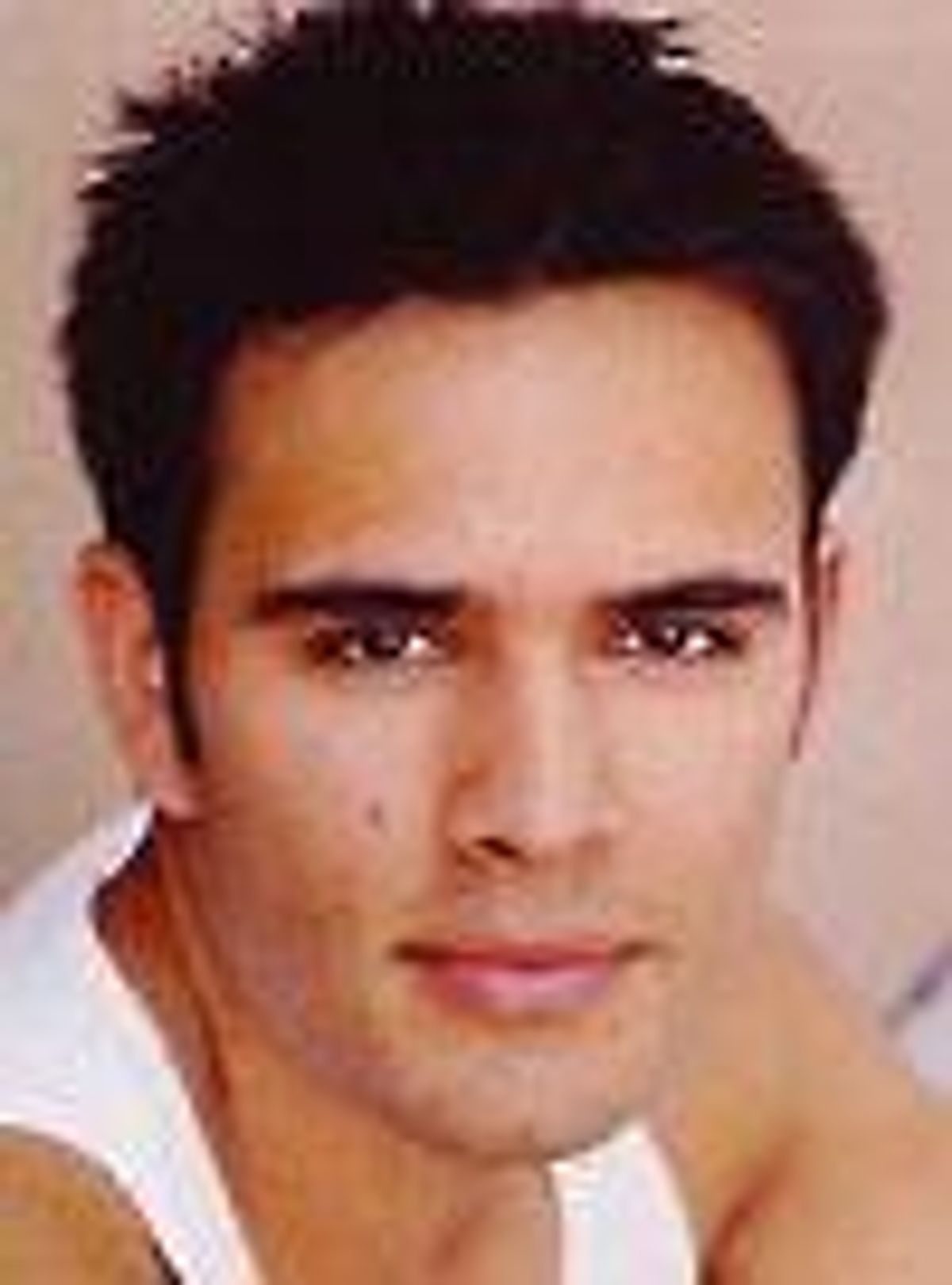I recently became
a New York project coordinator for the Honor
Project--a federally funded survey that will
analyze the heath and wellness of LGBT native
Americans who live in urban areas across the United States.
We are in the process of collecting data, and that
means asking participants a spectrum of questions that
include their views on having multiple sexual
partners, HIV and risk behaviors, depression, that feeling
of being "too white" for their tribes,
and that feeling of being too native American for the
gay mainstream.
Needless to say,
this experience has gotten me thinking about what it
means to be a gay man and an American Indian.
I grew up on a
reservation outside San Diego as a Kumeyaay. There was a
time when LGBT native Americans were honored as
"two-spirits." Long before the Stonewall
riots--even before Greek antiquity--those of us
who entered into same-sex relationships were
considered holy and treated with the highest respect.
They were the historians, the healers, and the people
of empowerment. They possessed a delicate balance of male
and female and were often honored for being unique and
having a different spiritual calling. For their
people, they served as mediators between the spirit
world and natural world. That time has since passed as
Christian ideologies have replaced important tribal
traditions.
When I came out,
it was a two-step ordeal: coming to terms with my
sexuality and with being a two-spirit.
I traveled to a
"two-spirit" gathering in Tulsa, Okla., and it
was like coming out all over again. On the second
night they held a powwow, and I had never seen so many
beautiful LGBT natives. There was so much pride in who
we were and where we came from. We were all
accepted--even the six-foot-tall transgender
two-spirits who were dressed in feathers and beads
topped off with that distinct flowing native hair. The next
morning we had a talking circle, and there were plenty
of cries for our people. Gay men lamented the way
their brothers, sisters, and parents had disowned them
for putting on dresses instead of pants or ribbons instead
of baseball hats. Others told stories of being beaten by
their tribes for being different. We all prayed for
our families, that they could have understanding in
their hearts.
When the Honor
Project is completed, it will likely conclude what LGBT
native Americans have realized for years: we have serious
concerns that need to be addressed
immediately--including substance abuse issues, mental
health, and the acceptance of our sexuality. Most native
gatherings I attend are drug- and alcohol-free because
most of us are in some type of recovery. I learned
that even though my people are very proud and like to
laugh, it merely covers what is at the surface of years and
generations of pain, poverty, and bigotry. It is sad
that most of our pain comes from old ideas about
ourselves learned from growing up on reservations.
Hopefully, the
study will give us the numbers to prove to policy makers
that funding needs to be set aside, that action needs to be
taken, and that community organization needs to be
advocated. It will no doubt also tell us that
reconnecting with our culture, spirituality, and traditions
means a healthier life.
By participating,
I hope that I have taken small steps that will cause
large ripples in the two-spirit community. Each day I ask
myself how I can help. My creator shows me the next
right step, and it is up to me to take the action.
If you are an
LGBT native American and live in Tulsa, Okla.; Los Angeles;
Minneapolis; Denver; Seattle; or New York City, contact the
Honor Project at (866) 685-0764 to take part in the
anonymous survey. There is compensation for your time.

















































































